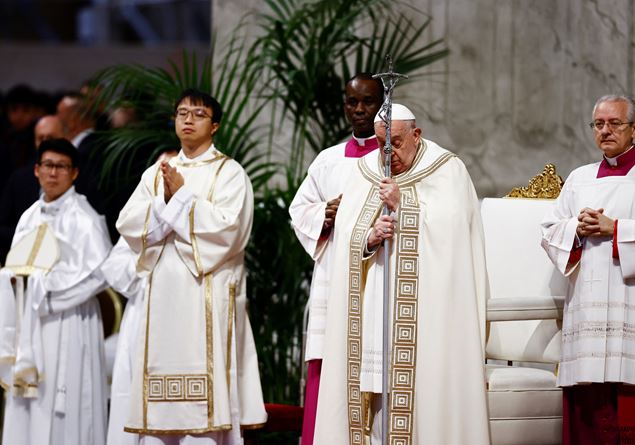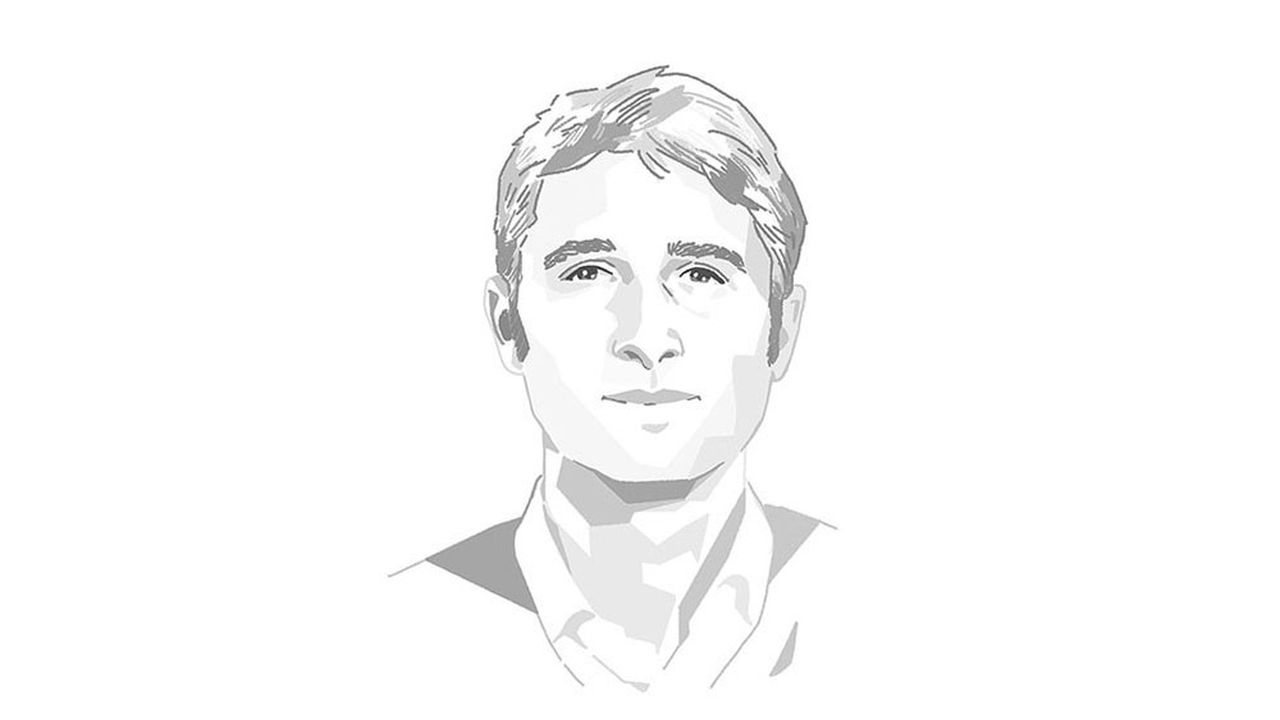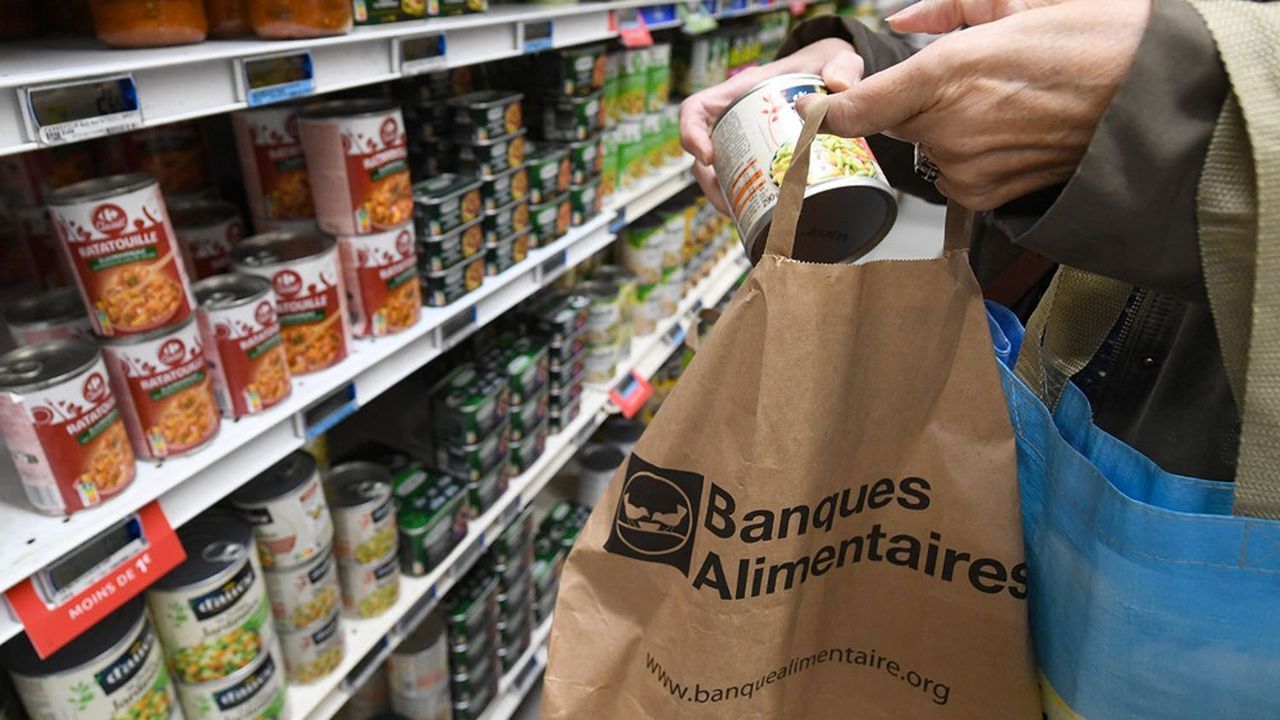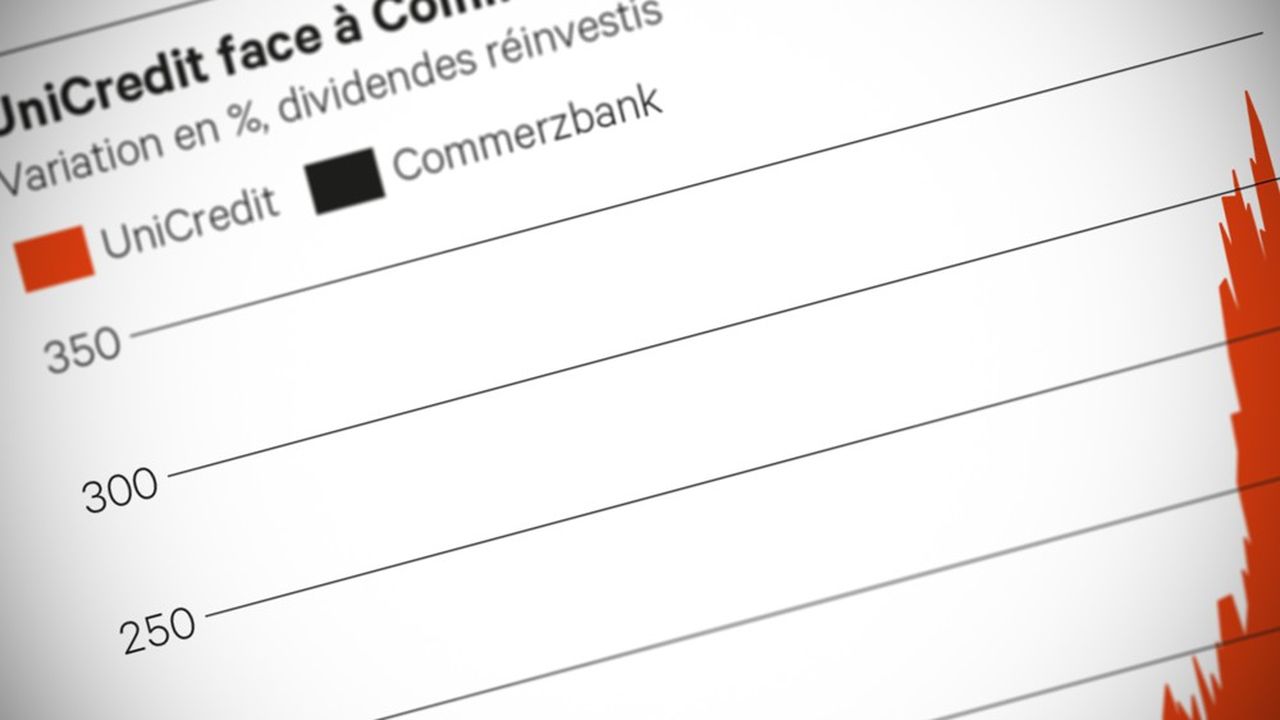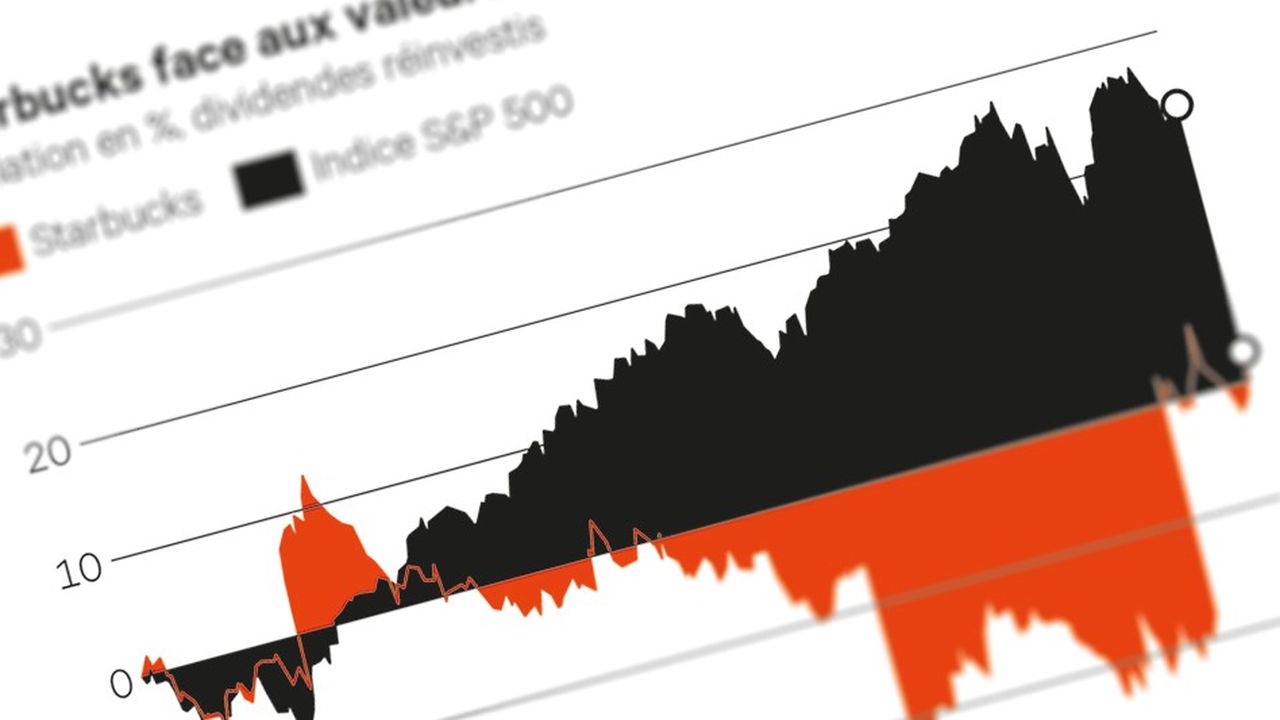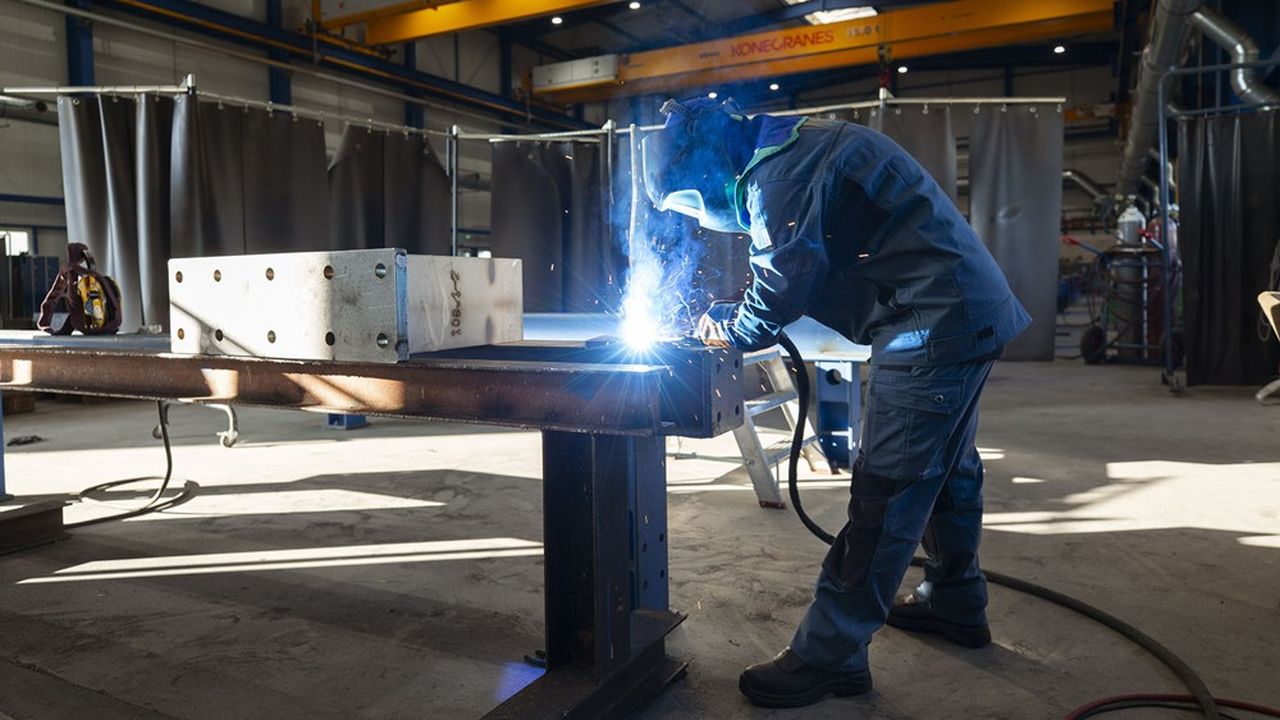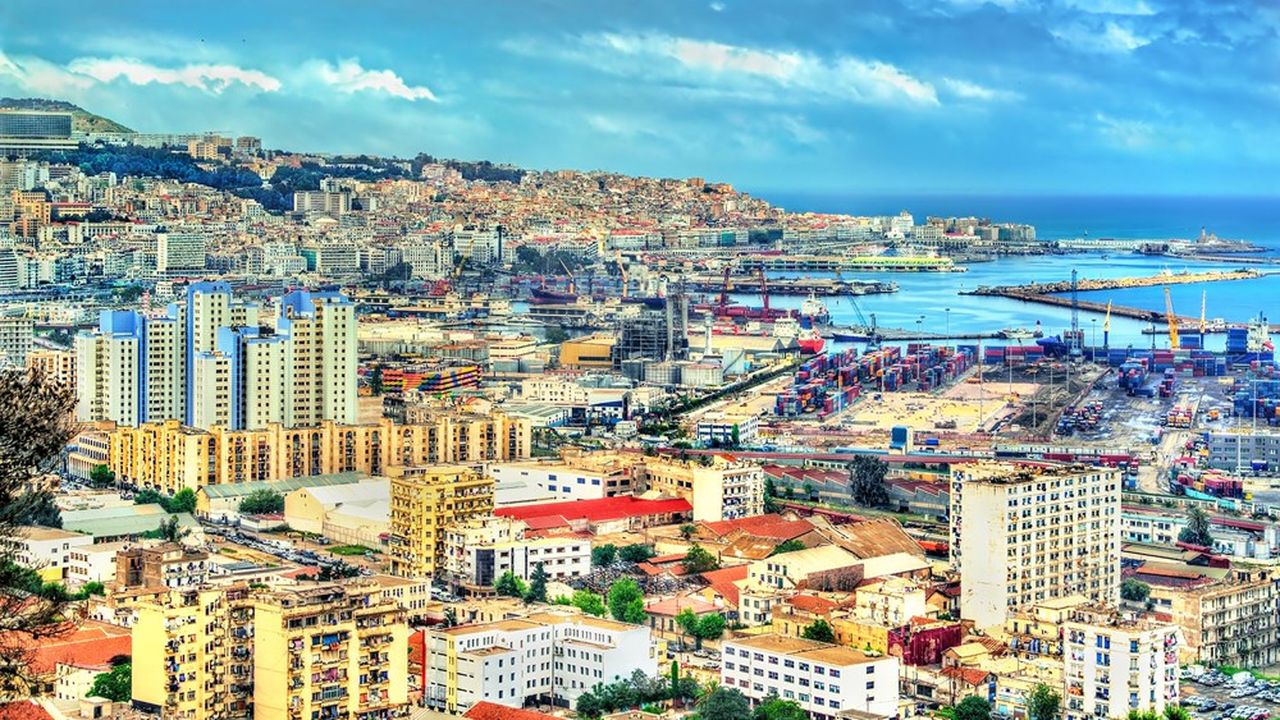
The Algerian economic project is a perpetual construction site alternating between a break with the market economy and liberal-inspired measures. In any case, this economy is characterized by the prevalence of its hydrocarbons.
Theoretical assets that should promote development, the latter seem, paradoxically, to rather hinder it. On the eve of a crucial presidential election, it is interesting to examine how this country could overcome this resource curse.
Resource Curse
The predominance of hydrocarbons can, counter-intuitively, slow down the development of the economy. Indeed, the economic literature has highlighted the possibility of a resource curse characterized by three clinical signs.
First, natural resource exports are the main source of income for the economy, combined with low sectoral diversification.
Second, income from natural resources causes excess consumption compared to national production, which leads to a decline in the weight of industry in the economy.
And thirdly, the presence of “bad governance”, in particular, the capture of rents by a minority and the development of corruption.
Thus, the Algerian economy seems to suffer from this resource curse since the oil and gas sector represents 19% of GDP and 93% of merchandise exports, since due to the predominance of consumption over production, this country depends on the outside for basic necessities (dependence on cereal imports of 66.22%), and since industry is experiencing a downward trend and now represents only 5% of GDP, compared to 35% at the end of the 1980s. And, this country has governance problems: the corruption perception index by Transparency International places Algeria 104th out of 180 states.
An agency for economic transformation
To change this situation, Algeria could usefully implement a developmental state strategy. This requires, on the institutional and political level, that, on the one hand, public decision-makers place the objective of economic development as a priority and that, on the other hand, there is support for the active role of the state in the economy. Once these two conditions of possibility are satisfied, this general doctrine of application could be based on three concrete orientations.
Initially, the installation of an agency dedicated to economic transformation, isolated from political pressures and financed by revenues collected from hydrocarbons – this could involve the rapprochement of the National Agency for the Development of Investments with the Algerian Agency for the Promotion of Investment.
In addition, through regulatory relaxations aimed at facilitating foreign investments: the total elimination of rule 51/49, of the right of pre-emption on the transfer of assets of foreign companies, simplification of corporate taxation.
Finally, by further exploiting the tourism potential, with the development of a hotel industry, improvement of airport and road infrastructure, and easing of visa procedures.
The presidential election next September seems crucial for the economic future of Algeria. Faced with the resource curse since its independence, this country must evolve its economic doctrine to improve the lives of its inhabitants. With this aim in mind, the implementation of a developmental state strategy seems to be an avenue to explore.
Mohamed Loucif is a civil service executive and teacher of economics and public finance.


